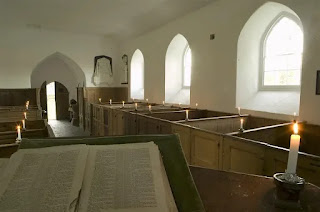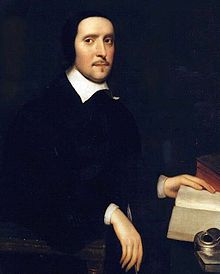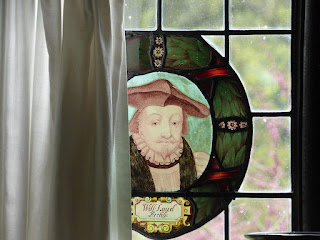'Give thy grace to all Bishops': of course Anglicans pray for the Bishop of Rome

The recent election of a new Bishop of Rome made me think about the generous, ecumenical nature of the petitions for the universal Church in the Book of Common Prayer 1662 and its variants. Above all, we must consider the Prayer for the Church Militant in the Holy Communion : ... beseeching thee to inspire continually the universal Church with the spirit of truth, unity, and concord: And grant, that all they that do confess thy holy Name may agree in the truth of thy holy Word, and live in unity, and godly love. We explicitly pray for "the universal Church": not our own communion, not only those in communion with our bishops, not only those who agree with us in the matters of the Reformation debates. We pray for " all they that do confess thy holy Name", all who have been baptised in the name of the Holy Trinity and confess the catholic Creeds. This, of course, includes our Roman Catholic brothers and sisters and those churches in communion with the See of Rome. ...













